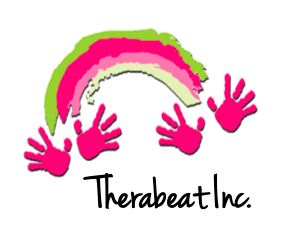When I typed in “Music Therapy” to Google, one of the first articles that came up talked about the “dangers of overestimating music therapy.” This immediately caught my attention and I was curious to see what context this article had been written under. The article discusses the “Alive Inside” documentary from the “Music and Memory” program. This raised some red flags for me for a couple of different reasons.
The biggest thing is that “Alive Inside” is not clinical music therapy. It is pre-recorded playlists administered by a nursing home employee through headphones and an iPod. There is a lot of confusion about this because music therapists and renowned supporters of music therapy appear in the documentary. The American Music Therapy Association created a fact sheet outlining the differences between the music and memory program and clinical music therapy. They spell out the differences in how music is experienced, what training is required, how outcomes are reached and advantages to both programs. They conclude that, “Music and Memory and Music Therapy are complimentary. Both Music Therapy and Music and Memory serve to maximize the amazing power of music to reach deeply into the lives, minds and hearts of those who often cannot be reached in any other way.” So, while music and memory is not music therapy, they don’t completely oppose it. The key is knowing the difference and being able to advocate for clinical music therapy when others are using the term inappropriately.
It also was surprising to me because the author of this article must have not done a lot of research before writing this article. If he would have gone on the AMTA website, he could have quickly learned that clinical music therapy is done by board certified professionals. He calls it music therapy, which is deceiving to people reading the article that also aren’t aware of the music therapy profession and board certification required to practice. As music therapists, we must advocate for our profession and have to educate others that have received incorrect information. This article, like many others, unfortunately pushes our advocacy efforts back and makes our uphill climb even harder.
Lastly, it makes me worried that this is one of the first exposures to “music therapy” someone may have when looking to learn more by going to the Internet. Many people will never have a first hand experience with music therapy and are forced to rely on online sources. While there are a lot of reliable sources out there, there are also always going to be unreliable sources as well. All we can do is educate others and advocate every chance we get for the amazing profession of music therapy.
All of this to say, be careful about your sources of information and never stop advocating for the field of music therapy!
-Lauren Booke, Music Therapy Intern
Article: “The Dangers of Overestimating Music Therapy” Steve Swayne
theatlantic.com

